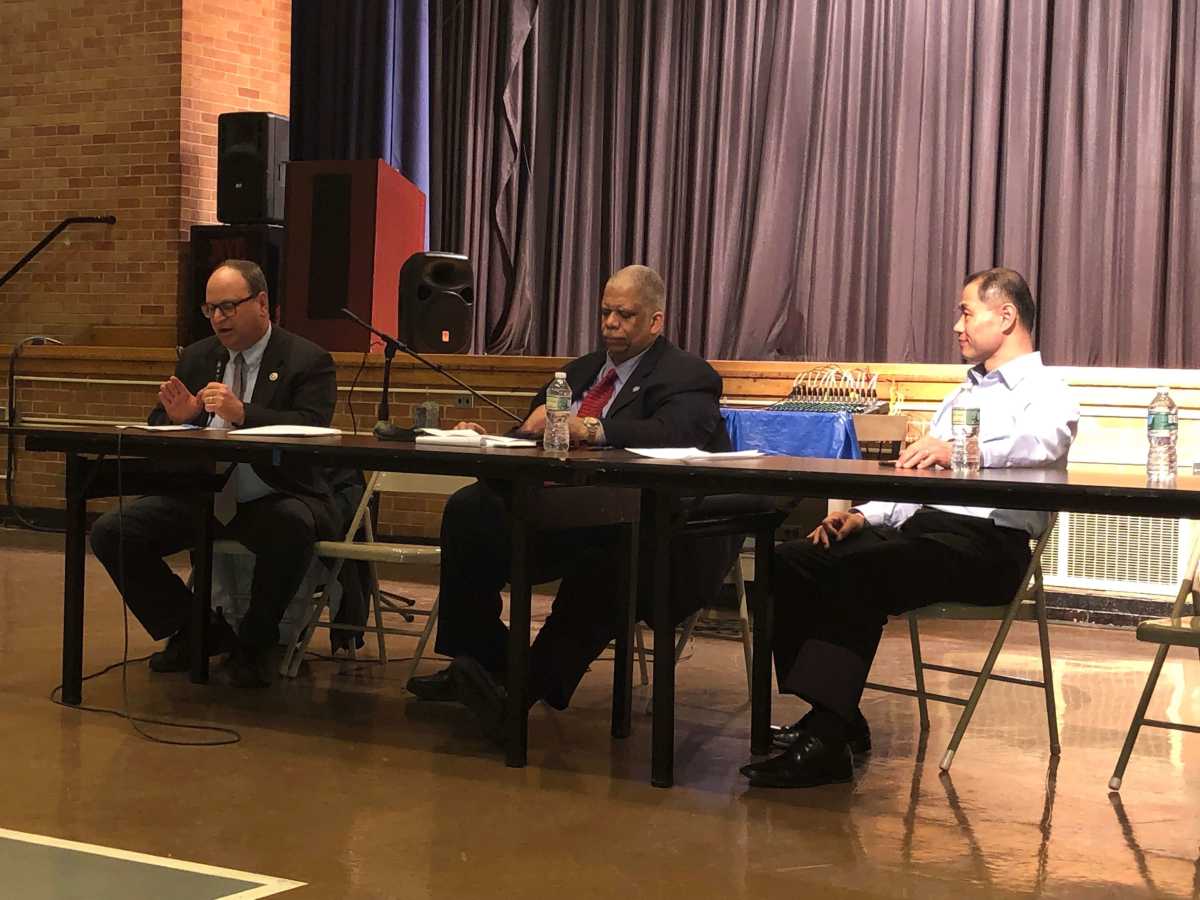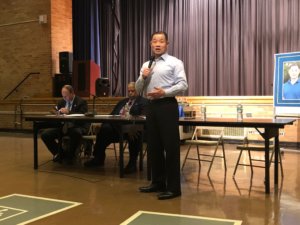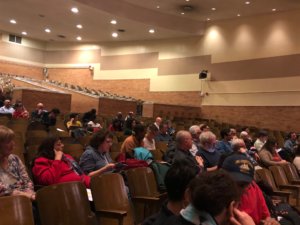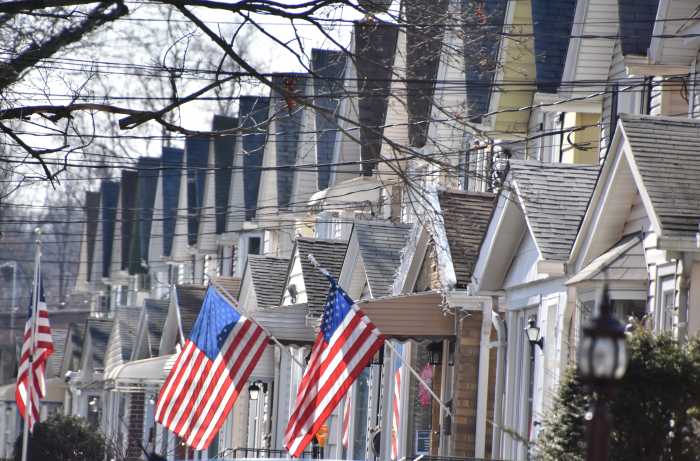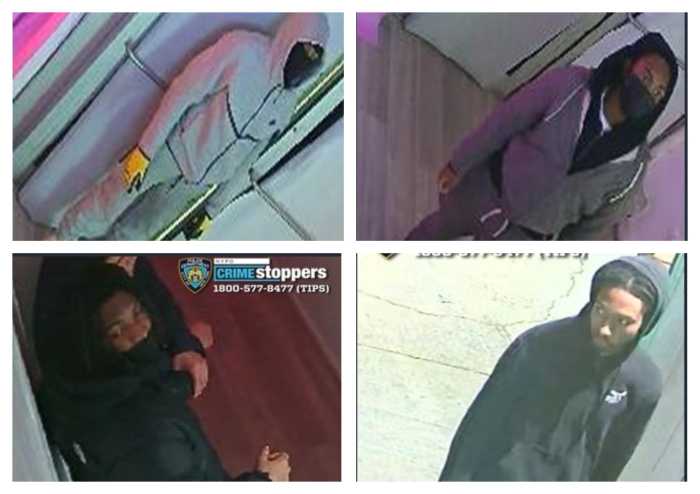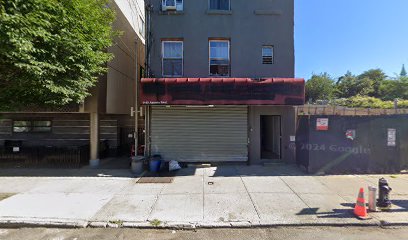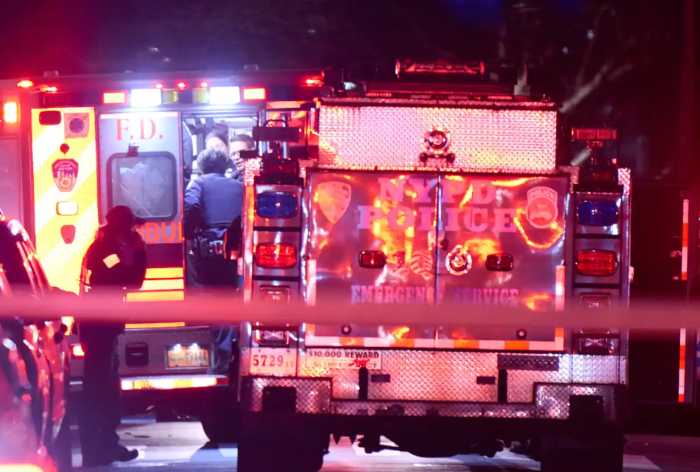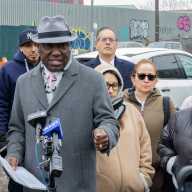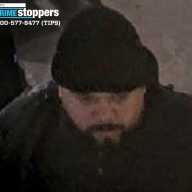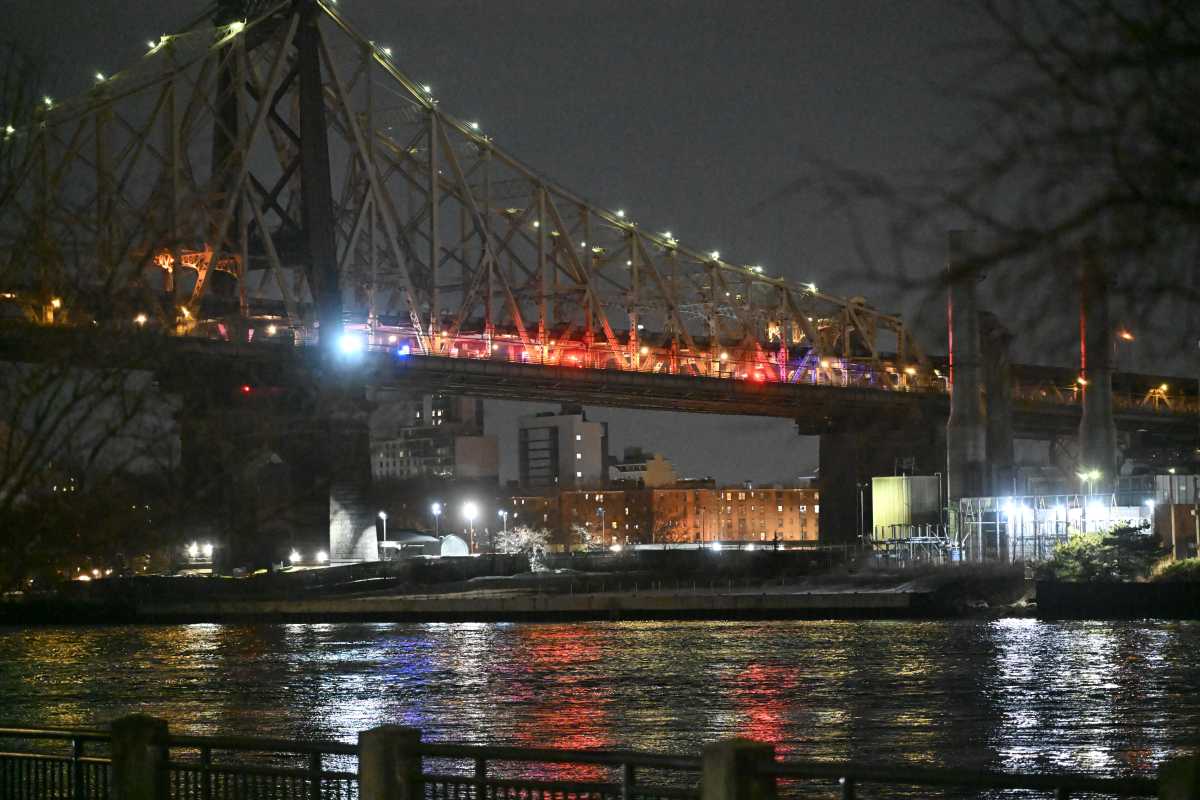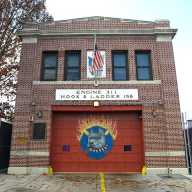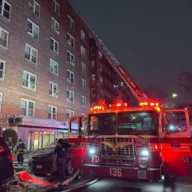Eastern Queens residents made their views known and offered suggestions about the controversial congestion pricing plan Thursday night during a town hall discussion in Queens Village with state Senators John Liu, Leroy Comrie and Councilman Barry Grodenchik.
Speakers addressed concerns of the lack of concrete details of the proposal and its impact if implemented, and distrust in the MTA’s handling of generated revenue from congestion pricing, at Martin Van Buren High School located at 230-17 Hillside Ave. in Queens Village.
As the April 1 deadline approaches for legislators in Albany to negotiate the final executive state budget, Liu and Comrie have expressed concern about what they call a lack of details from the MTA about congestion pricing. They have heard input from different stakeholders about the issue.
“Comrie and I have been pushing on this issue and we said, ‘How can you [Gov. Cuomo] expect us to vote in the affirmative on a plan that doesn’t tell us anything?’” said Liu. “And we said we are not going to support something that doesn’t give us any information … the last people you want to trust with a blank check is the MTA.”
Gov. Cuomo’s congestion pricing plan would place a surcharge on vehicles entering central business districts in Manhattan. The governor has suggested an $11.52 surcharge for cars, a $23.34 charge for trucks, and a charge of $2 to $5 per ride on for-hire vehicles entering congestion zones. The generated funding would then be used to repair the city’s transit system.
Opponents of congestion pricing say they shouldn’t bear the brunt of costs to repair the city’s subways and buses.
“The people who should be paying for the MTA [and I know people are going to be upset] is people who are using the MTA,” said Lourdes Hartrick, of the Bellerose Commonwealth Civic Association. “When I used to go on the train in many years going down as a high school student to Mary Bertram, I had to take the train and pay for it. When you have to get to work or school you pay to where you go. That’s just the way it is, and if we’re talking about congestion, they should open up the closed streets in Manhattan.”
Harold Moscowitz, who has been working in midtown Manhattan since the age of 19, argued that he needs his car to commute every day to and from work in order to provide for his family.
“I have a car. I need my car to make a living … don’t stop me from making my living,” said Harold Moscowitz. “Why do I have to pay? Why am I the enemy? How can you vote for this … how much is it going to cost a day? If I have to go in and out of Manhattan three times a day, do I have to pay three times? What’s the plan … no one has a plan and I’d like to know — or are all of you paying with me together?”
Meanwhile, supporters say an improved transit system would benefit the borough alleviating delays and traffic congestion.
Sharmela Abraham, a Queens Village resident and single mother of two children, who has relied heavily on transportation to get around, stressed the importance of critical funding needed to repair the transit system.
“I don’t have a car. I have to rely on the buses and trains and it takes forever for where I need to go,” said Abraham. “I went to a job interview and missed it because I was stuck. My kids travel to go to school and three to four buses pass us by saying ‘not in service.’ It’s a transit desert and we need something to be done about it.”
Although Tammy Osherov of Fresh Meadows is in favor of the proposal, she doesn’t trust the MTA with the streaming revenue not knowing the details of where the funding will be allocated.
“They’re not reliable. They’re not accountable. But I can’t be in favor of congestion pricing because I don’t trust them,” said Osherov. “I live in Fresh Meadows, where I have no subway. I need to take a bus to the subway. We’ve been told the SBS select bus service would be available for more bus lines … I understand you have cars, there’s parking, businesses, but one bus will make many people get to their destination than a car. We need SBS service especially on Union Turnpike.”
Other members of the public suggested funding should go toward repairs of infrastructure, restructuring of the MTA board, and questioned whether the tolling plan is really about congestion or simply another scheme to levy a tax on New Yorkers.
“We’ve been down this toll road before, and it just looks like another attempt to move tax dollars from your pockets into government coffers,” said Bob Friedrich, president of Glen Oaks Village. “The mission of an authentic congestion pricing plan should be to reduce vehicular congestion and spread vehicle usage evenly throughout the day.”

